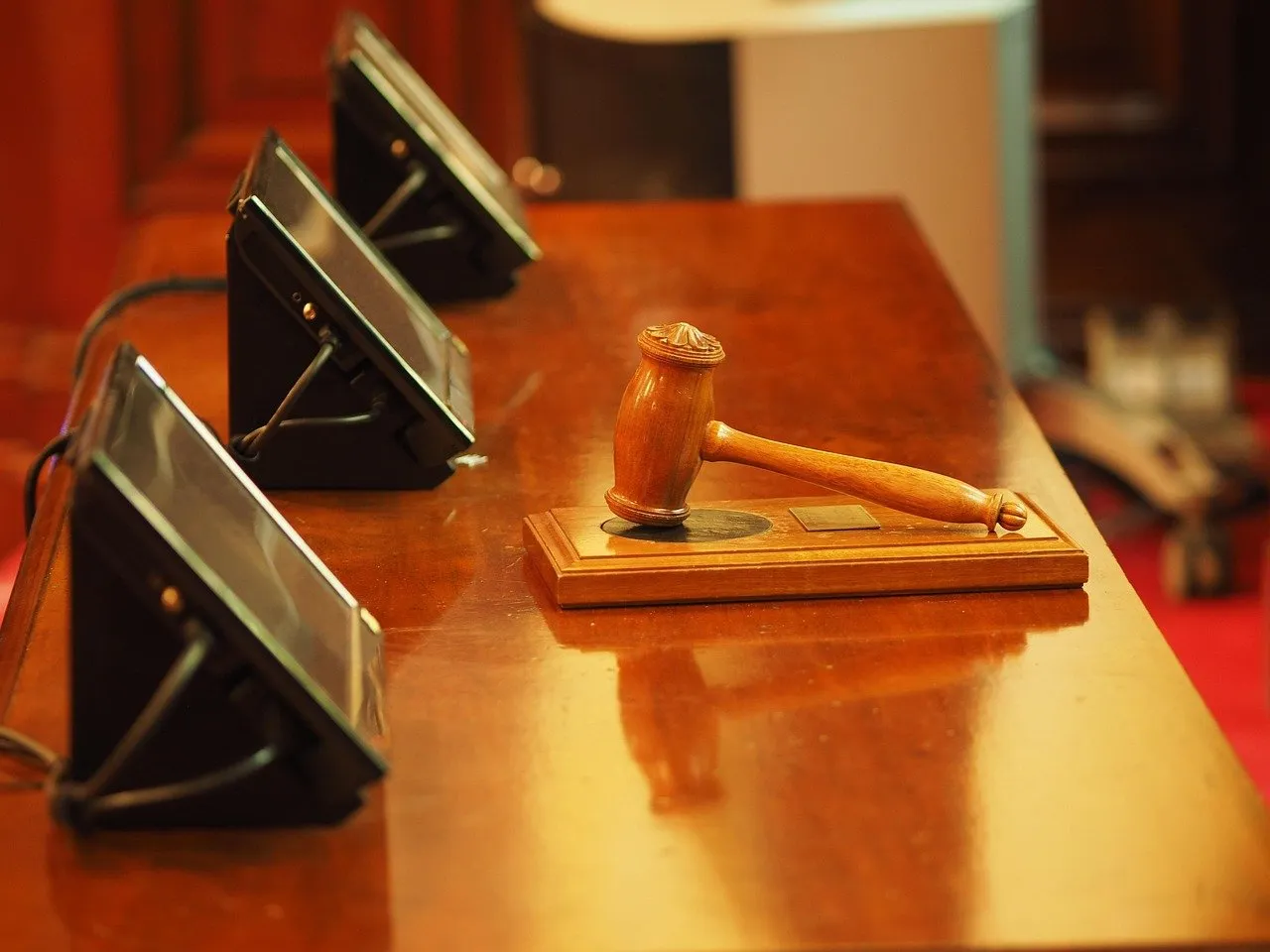Introduction
In New South Wales, getting a divorce can shake things up in your will quite a bit. The Succession Act 2006 in NSW steps in once a divorce is finalised, and it usually wipes out any sections that involve your ex. So, if you wanted to leave something for your former partner or had them lined up as executor, that’s all off the table when the divorce papers are signed.
For individuals navigating family law and property settlement, understanding how divorce affects estate planning documents like a will is crucial. This guide will explain the implications of divorce on your will in NSW, highlighting the importance of updating your will after divorce to ensure your estate plan reflects your current wishes and intentions for your beneficiaries.
Understanding the Impact of Divorce on Your Will in NSW
Automatic Revocation of Bequests to Former Spouse
In NSW, divorce has a significant impact on your will. Specifically, under section 13 of the Succession Act 2006 (NSW), divorce generally revokes any beneficial gifts or bequests made to your former spouse in a will that existed at the time of the divorce. This means that if your will currently includes clauses that leave property or assets to your former spouse, these clauses will automatically be cancelled once a divorce order takes effect under the Family Law Act 1975 (Cth).
To illustrate, imagine a scenario where your will states, “I leave my house to my spouse, [Spouse’s Name].” If you and [Spouse’s Name] divorce and you do not update your will, the provision gifting the house to your former spouse is automatically revoked. The law treats your former spouse as if they had passed away before you for the purposes of that gift. Therefore, your former spouse would not inherit the house under that clause of your will after your divorce.
Automatic Revocation of Appointment of Former Spouse
Beyond bequests, divorce in NSW also automatically revokes the appointment of a former spouse in certain roles within your will. This includes if your will appoints your former spouse as your executor, trustee, advisory trustee, or guardian; these appointments are automatically cancelled upon divorce. This ensures that your former spouse will not have the responsibility of administering your estate or acting in a fiduciary role after your divorce, unless there are specific exceptions.
For example, if your will names your former spouse as your executor, they would not be legally entitled to administer your estate after you pass away if you have divorced. This automatic revocation is designed to reflect the changed relationship and ensure that another family member or trusted individual can be appointed to take on these crucial roles. It is important to note that these automatic revocations are specific to divorce and do not apply to legal separation.
Speak to a Lawyer Today.
We respond within 24 hours.
Exceptions to Automatic Will Revocation After Divorce
Contrary Intention in the Will
Generally, divorce will revoke any gifts or appointments in your will that relate to your former spouse. However, an exception exists if the court believes that you intended for your former spouse to continue as a beneficiary or executor, even after divorce. This is known as a ‘contrary intention’.
If the court finds a contrary intention within the will, clauses relating to your former spouse are left intact. For example, if a specific clause in your will explicitly states that gifts or appointments for your former spouse should remain valid even in the event of a divorce, the court may uphold this clause.
However, proving a contrary intention can be complex and may lead to family law disputes and litigation to determine your true wishes. It is therefore strongly recommended to update your will after divorce to ensure it accurately reflects your testamentary intentions and to avoid potential uncertainty or legal challenges.
Former Spouse as Trustee for Children
Another exception to the automatic revocation rule involves situations where your will appoints your former spouse as a trustee. This exception specifically applies when the former spouse is appointed as a trustee of property left in trust for beneficiaries, including children of the former spouse. In such cases, the appointment of the former spouse as trustee may remain valid even after divorce.
For example, consider a case where your will establishes a testamentary trust for the benefit of your children from a previous relationship, and names your former spouse as the trustee to manage this trust. Even if you divorce your spouse, they may still act as the trustee of this trust, administering the estate for your children’s benefit as intended. It is important to note that this exception is specific to the trustee role for children and does not automatically extend to other appointments or gifts for the former spouse.
Legal Separation vs Divorce: Differing Effects on Your Will
Separation Does Not Automatically Change Your Will
Legal separation in NSW differs significantly from divorce in its effect on your will. Unlike divorce, legal separation alone does not automatically revoke or alter the provisions of your existing will. This means that if you are legally separated but not yet divorced, your will remains valid as it is currently written.
Therefore, if your will names your spouse as a beneficiary or executor, they would still be recognised as such under the law if you pass away while legally separated. Your spouse may still inherit property or manage your estate, even if you are living separately. It is crucial to understand that marriage separation does not have the same legal effect on a will as a divorce order.
Importance of Updating Will During Separation
It is important to update your will when you separate from your spouse, even if divorce proceedings have not yet commenced. The period of separation is a critical time to ensure your will accurately reflects your current wishes and estate plan. If you do not update your will during separation and pass away, your spouse may still inherit your property or act as your executor, which may not align with your intentions.
Updating your will during separation allows you to make necessary changes, such as removing your spouse as a beneficiary or executor, and appointing another family member or trusted individual instead. This proactive step ensures that your estate is distributed according to your wishes, rather than the terms of an outdated will that no longer reflects your changed circumstances due to separation. Seeking legal advice from estate planning practitioners is strongly recommended during separation to ensure your will and broader estate planning documents are updated to reflect your intentions.
Get legal advice you can rely on.
Contact us today.
Steps to Amend Your Will After Divorce in NSW
Creating a New Will or Codicil
After a divorce, you should take steps to update your will to reflect your new circumstances. One option is to make a new will, which ensures all clauses are current and accurately reflect your wishes. Alternatively, you can use a codicil to make amendments to your existing will. A codicil is a supplementary document that alters or adds to an existing will. Both a new will and a codicil must be signed and witnessed according to legal requirements to be valid in NSW.
Appointing New Executors and Updating Beneficiaries
It is important to appoint new executors if your former spouse was originally named in your will. Divorce automatically revokes the appointment of a former spouse as executor. Therefore, you need to designate a trusted individual, such as another family member or friend, to manage your estate. Furthermore, you should update your beneficiaries to remove your former spouse from any beneficiary roles, unless you have a contrary intention. Clearly name your new beneficiaries to ensure your estate plan accurately reflects your wishes for who should inherit your assets after divorce.
Conclusion
Divorce in NSW has a significant impact on your will, primarily through the automatic revocation of gifts and appointments for a former spouse. It is important to understand that while divorce generally revokes clauses in your will relating to your former spouse, legal separation does not have the same effect. Therefore, to ensure your estate plan accurately reflects your wishes after a divorce, updating your will is essential.
To navigate these changes and secure your estate plan, it is strongly recommended that you seek legal advice from estate planning practitioners. Our team at PBL Legal offers unparalleled expertise in family law and estate planning to process and help you update your will and other estate planning documents after a divorce. Contact us today or book a consultation to ensure your will reflects your current wishes and provides for your intended beneficiaries.
Frequently Asked Questions
![]()







